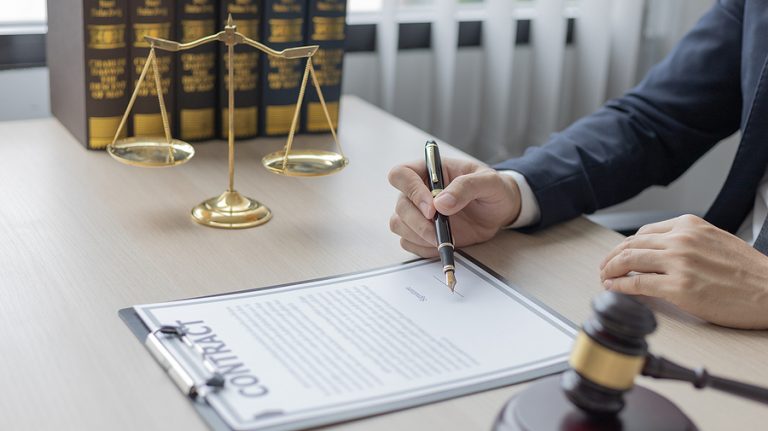St. Petersburg Residents: Do You Know These Legal Terms?
 Michael Babboni
Personal Injury
Plenty of people are intimidated by the legal system in the United States. There are different reasons for this, but the language used to describe things can often be to blame. Many of the terms associated with personal injury law don't come up in everyday conversations, and most St. Petersburg citizens aren't flipping through dictionaries or hopping online to define them. Why would they?
Michael Babboni
Personal Injury
Plenty of people are intimidated by the legal system in the United States. There are different reasons for this, but the language used to describe things can often be to blame. Many of the terms associated with personal injury law don't come up in everyday conversations, and most St. Petersburg citizens aren't flipping through dictionaries or hopping online to define them. Why would they?However, it can be beneficial to know the meanings behind some words/phrases. Then, the processes won't be so intimidating if you ever find yourself in the middle of a personal injury lawsuit. If your interest is piqued, please, feel free to read on and learn more.
Act Of God
On occasion, the phrase 'Act of God' comes up during personal injury claims. This means whatever occurred happened because of natural causes such as floods, storms, earthquakes, etc. It also indicates that no human intervention took place, and no precautions or actions could have prevented the instances.
Attorney-Client Privilege
You've probably heard the words attorney-client privilege used in movies, TV shows, and real life, but do you know what they mean all together? They can be defined as a relationship that prevents a lawyer from being forced to disclose information their client told them behind closed doors. This privilege ensures there is trust between the attorney and customer. It also keeps everything private.
Bodily Injury
A bodily injury is pretty much exactly what it sounds like, a damage to one's body. Bodily injuries come about via accidents, intentional acts, and negligence. Ailments typically vary from one situation to the next. However, they include things such as:
- Bruises
- Broken Bones
- Lacerations
- Nerve Damage
- Burns
- Burden Of Proof
In a personal injury case, the plaintiff has the burden of proof, and let's say it is an auto accident with a negligent driver they're involved in. They will be responsible for proving negligence occurred and caused their damages. Burden of proof ensures claims are truthful and accurate.
Excess Judgment
Sometimes, insurers don't have to pay accident victims enough. In such a situation, a judge will award an excess judgment. This means the insurer will be responsible for paying additional damages above the policy limit to the injured.
ADW And AWW
ADW stands for average daily wage. Meanwhile, AWW is average weekly wage. As their names imply, these estimates of the earnings parties make. Personal injury lawyers often use these items to determine lost wages for plaintiffs. Then, they plug that in with other factors to see how much compensation to seek.
Negligence
Negligence is a particular kind of tort. It describes events that stem from careless or reckless acts. Many lawsuits come about because of negligent drivers. The type of negligence that takes place will vary, but drunk driving, drowsy driving, speeding, and distracted driving are some of the top forms.
Out-Of-Court Settlement
Some St. Pete residents don't want to seek compensation following accidents. This is because they do not wish to go to court. Although personal injury claims go to trial on occasion, they are regularly settled out of court. This happens when plaintiffs and defendants come to agreements that do not need to be approved by judges.
